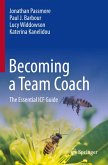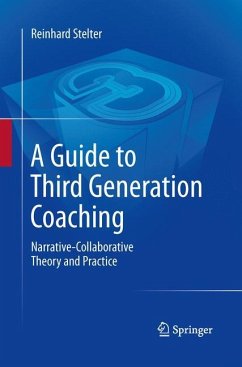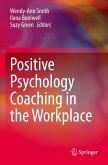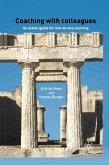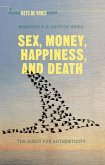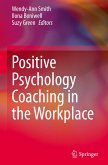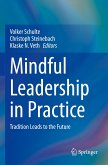This new and fully updated edition of the bestselling Becoming a Coach: The Essential ICF Guide brings this essential guide for ICF coaches up to date for 2024 and onwards. This book equips you with the skills and knowledge you need to develop yourself as a professional coach. It will encourage you to reflect on who you are, what you do and how you can enhance your skills. By drawing on the ICF Gold Standard for coach training and the latest coaching research, it will ensure your practice is well-informed by evidence and is up to the highest professional standards.
The book will also help you as you undertake any coaching training program, deepening your understanding of the core skills to be a coach and broadening your thinking as to how these can be applied with real clients in your own coaching practice.
Praise for the First Edition
"Becoming a Coach is the perfect place to start your coach development journey. The book provides a comprehensive coverage of the issues in coaching and offers an essential guide to the new ICF coach competencies for new and developing coaches."
- Marshall Goldsmith - Thinkers 50 #1 Executive Coach for 10 years.
"Whether you are becoming a coach, or are a seasoned coach supervisor, mentor, trainer, or educator, this book is your vital companion. The authors bring decades of experience and research into one powerful resource. Grounded in evidence-based models, plus tools, activities, reflective exercises and more, this book is a must-read!
- Dr. Laura L. Hauser, MCC, MCEC Training Director, Team Coaching Operating System® Faculty, Fielding Graduate University coaching program Executive Officer, GSAEC.org
"This is one of those rare books which has something for everyone. One of the most comprehensive guides to becoming a powerful coach which starts from the basics and takesus to the essentials of mastery. This book has embraced the complexity of coaching literature,approaches and tools. It has then structured and presented them in a fashion that brings together the chaos to a usable format. I can safely say that this book would offer a new idea, approach or perspective even to the most experienced of coaches."
- Shweta Handa Gupta, MCC, Change Leadership Coach, QuadraBrain® Transformation Solutions, Global ICF Young Leader Award Recipient, 2018 In this crowded confusing profession called coaching, Sinclair and Passmore have written the guidebook that clears the fog for coaches on their path to coaching excellence. Becoming a Coach clarifies the distinction of coaching and why it is so effective, provides specific practices for embodying a coaching mindset, and is full of tools that will elevate your coaching impact. No matter where you are on your journey, this book will give you a bright light to follow.
- Dr. Marcia Reynolds, MCC, ICF Global Board Past Chair, Author of Coach the Person, Not the Problem: A Guide to Using ReflectiveInquiry
The book will also help you as you undertake any coaching training program, deepening your understanding of the core skills to be a coach and broadening your thinking as to how these can be applied with real clients in your own coaching practice.
Praise for the First Edition
"Becoming a Coach is the perfect place to start your coach development journey. The book provides a comprehensive coverage of the issues in coaching and offers an essential guide to the new ICF coach competencies for new and developing coaches."
- Marshall Goldsmith - Thinkers 50 #1 Executive Coach for 10 years.
"Whether you are becoming a coach, or are a seasoned coach supervisor, mentor, trainer, or educator, this book is your vital companion. The authors bring decades of experience and research into one powerful resource. Grounded in evidence-based models, plus tools, activities, reflective exercises and more, this book is a must-read!
- Dr. Laura L. Hauser, MCC, MCEC Training Director, Team Coaching Operating System® Faculty, Fielding Graduate University coaching program Executive Officer, GSAEC.org
"This is one of those rare books which has something for everyone. One of the most comprehensive guides to becoming a powerful coach which starts from the basics and takesus to the essentials of mastery. This book has embraced the complexity of coaching literature,approaches and tools. It has then structured and presented them in a fashion that brings together the chaos to a usable format. I can safely say that this book would offer a new idea, approach or perspective even to the most experienced of coaches."
- Shweta Handa Gupta, MCC, Change Leadership Coach, QuadraBrain® Transformation Solutions, Global ICF Young Leader Award Recipient, 2018 In this crowded confusing profession called coaching, Sinclair and Passmore have written the guidebook that clears the fog for coaches on their path to coaching excellence. Becoming a Coach clarifies the distinction of coaching and why it is so effective, provides specific practices for embodying a coaching mindset, and is full of tools that will elevate your coaching impact. No matter where you are on your journey, this book will give you a bright light to follow.
- Dr. Marcia Reynolds, MCC, ICF Global Board Past Chair, Author of Coach the Person, Not the Problem: A Guide to Using ReflectiveInquiry


